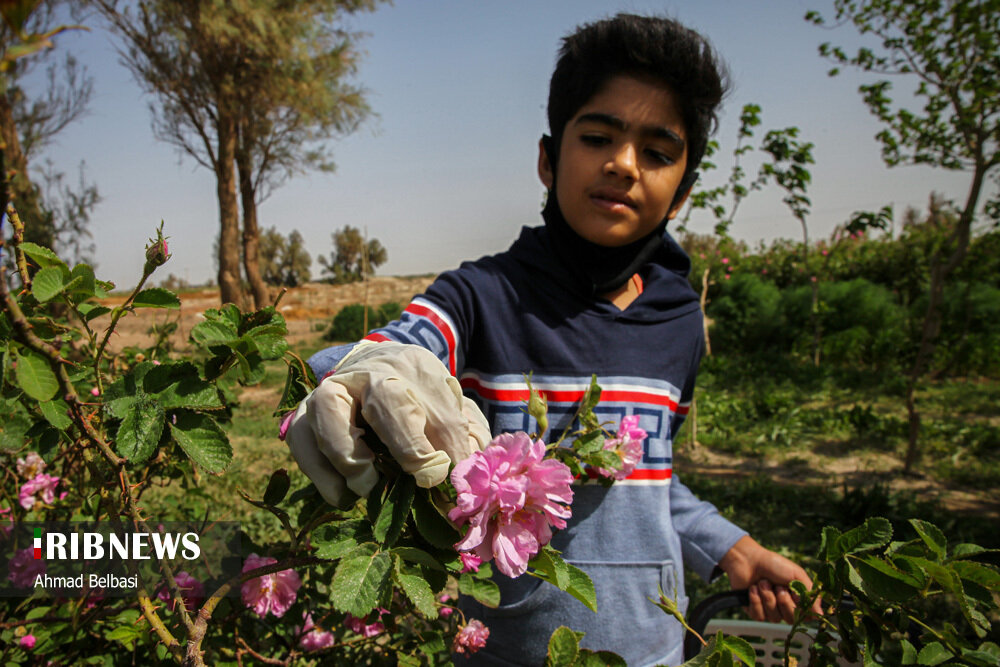Rosewater festival held in southeast Iran

TEHRAN – A rosewater distillation festival, commonly known as “Golab-giri”, was held in Nahur village, Zabol county, the southeastern province of Sistan-Balouchestan on Friday, Zabol’s tourism chief has said.
Traditional music performances, recitation of Shahnameh, the epic masterpiece of Persian poet Ferdowsi, and Sistan’s sword dance were parts of the festival, CHTN quoted Sadeq Mirhosseini as saying on Saturday.
The efforts of gardeners in revitalizing rose flower gardens in this region are especially meaningful due to the droughts here, the official added.
Organizing such seasonal festivals could boost tourism and attract more domestic travelers and foreign tourists to the region, he noted.
Golab or rosewater is obtained from a particular kind of Rose, known as Mohammadi roses in Iran. Harvesting flowers seems to be the most important part of the process. They should be picked from dawn through morning very carefully. The petals are put into massive copper pots and boiled, and then the extracted water is kept in special bottles. The longest the distillation is, the better will be the quality of the rosewater.
Golab is used nationwide in diverse traditional dishes to flavor them or consumed as a religious perfume as well. The holy month of Ramadan, which started yesterday, is one of the bestselling months for the product.
The distillation of flowers and herbs has a deep history in Iran. Many believe traditionally distilled rosewater is of higher quality than that produced in factories probably due to shorter time intervals between the harvest and distillation practices.
The collective province -- Sistan in the north and Baluchestan in the south -- accounts for one of the driest regions of Iran with a slight increase in rainfall from east to west, and an obvious rise in humidity in the coastal regions. In ancient times, the region was a crossword of the Indus Valley and the Babylonian civilizations.
The province possesses special significance because of being located in a strategic transit location, especially Chabahar which is the only ocean port in Iran and the best and easiest access route of the middle Asian countries to free waters. The vast province is home to several distinctive archaeological sites and natural attractions, including two UNESCO World Heritage sites, namely Shahr-e-Soukhteh (Burnt City) and Lut desert.
ABU/ AFM
